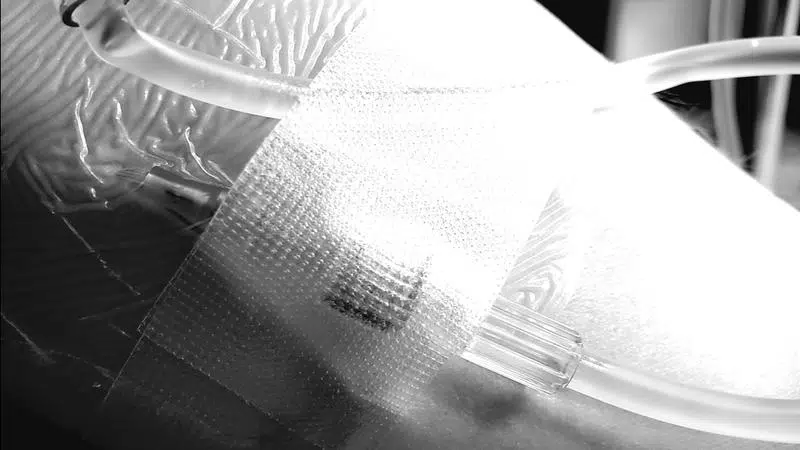
Winning the mental battle with colitis
The annual Gutsy Walk benefitting Crohn’s and Colitis Canada is this Sunday at McKenzie Trails.
With that in mind, let’s talk about Inflammatory Bowel Disease (IBD), drugs, mental health and stigma.
As many rdnewsNOW readers may know, I have ulcerative colitis, one of two main forms of IBD.


